One Bible, Many Versions – Are all Translations Created Equal? By Dave Brunn is a scholarly approach to Bible translations that looks at what makes a translation faithful to the original manuscripts, answers why we need more than one translation, and shows why there is no one perfect translation that trumps all others.
Brunn set out on a journey to translate the Bible into Lamogai and made some startling discoveries about word-for-word and thought-for-thought translations. I’ve always made the assumption that word-for-word, or literal, translations translated words more accurately and that thought-for-thought translations translated words based more on what the translators thought the original writers meant (which is more interpretive). For the most part this is true, but Brunn shows the different ways that translations render passages and compares them to the manuscripts, showing that sometimes a thought-for-thought translation will translate more literal than the word-for-word translations and vice-versa.
Brunn gives many side-by-side comparisons ESV, NIV, NASB, HCSB, KJV, NKJV, NLT, and GW translations, and shows how they compare to the manuscripts. He shows how one word is often translated into many different words, and how many different words can be translated into the same word.
This is a very good book to get a deeper understanding of Bible translations. He goes into depth on the philosophy of translations, the translation process, how to choose a translation, and why we should use more than one. There is a lot of good information in this book. I recommend it to anyone that is interested in learning more about Bible translations, the translation process, and choosing a translation.
IVP Academic provided this book free for review. I was not required to give a positive review- only an honest review.

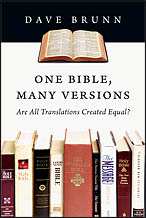
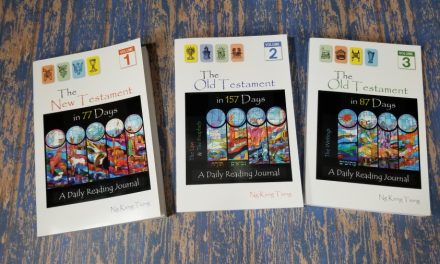


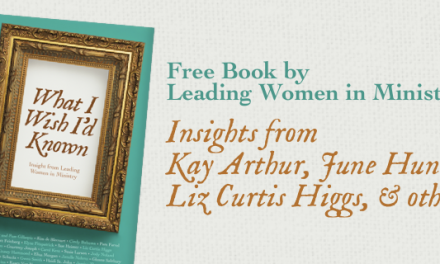
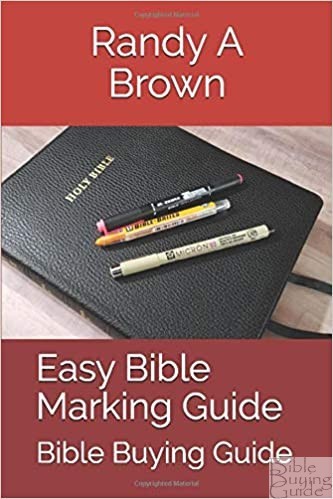
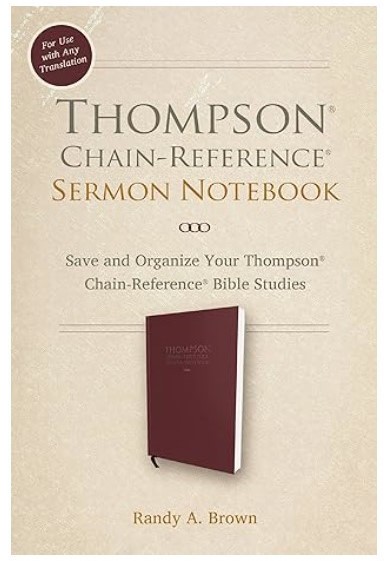
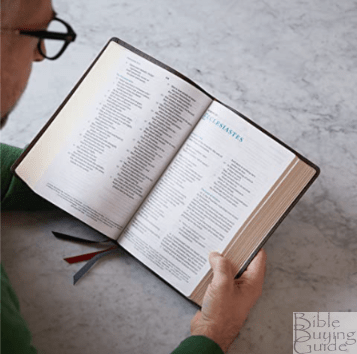


Dear Randy:
Thanks for a great review, this book looks like it is worth reading, I’ll put it on my list. My first choice has, and always will be, the Authorised translation, not in its 1611 form but as it was corrected in 1769 what is today the Authorised (KJV). I trust it most and look askance at the others because they have used an inferior though more ancient text as a basis for their translation. I own the following translations KJV, RSV, NASB, The Jerusalem Bible, The New English Bible, and have owned and will own again, the Bishop Challoner/ Douay Rheims Bible. I no longer consult any other Bible than the Authorised except for the Douay Rheims Bible occasionally. I find that reading and comparing with a translation based almost entirely on the Vulgate gives me a better understanding of what was probably the original.
I have no objection to other translations if someone wants one, what is important is that the Bible is read.
For those who are interested in scholarly articles about the Authorised, and other translations, go to the website of the Trinitarian Bible Society listed on this blog. TBS has many many scholarly articles about not only the Authorised translation, but many others as well.
Thanks again for another great review.
Sincerely Yours
Don Denison